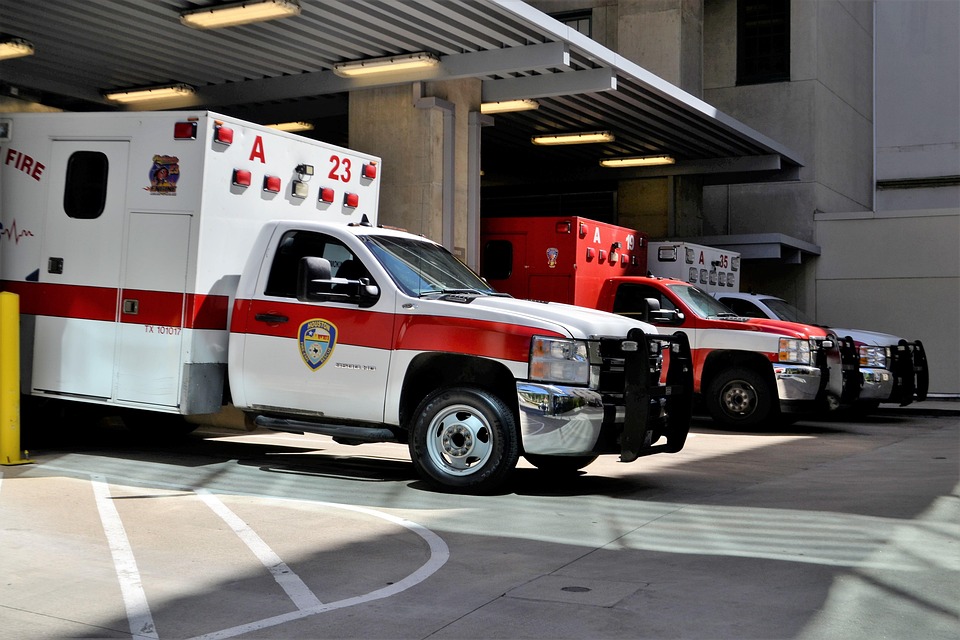Essential Interview Guides for Emergency Planners: Tips and Strategies for Success
When it comes to the world of emergency planning, the stakes are incredibly high. The role demands not just technical expertise but also a unique blend of creativity, critical thinking, and effective communication. If you’re preparing for an interview in this field, there are several key strategies to consider that can significantly enhance your chances of success.
Understanding the Role
-
Know Your Core Responsibilities: An emergency planner is often tasked with developing, implementing, and evaluating emergency plans. Familiarise yourself with the specifics of the role you’re applying for. What are the primary challenges the organisation faces? What type of emergencies are most prevalent in the area?
-
Familiarity with Legislation: A solid grasp of relevant legislation and frameworks, such as the Civil Contingencies Act or the National Planning Policy Framework, can set you apart. It demonstrates not only your knowledge but also your commitment to best practices.
Showcasing Relevant Experience
-
Highlighting Past Experiences: When discussing your previous roles, focus on situations where you successfully navigated crises or developed emergency protocols. Use the STAR method (Situation, Task, Action, Result) to articulate your experiences clearly and effectively.
-
Demonstrating Soft Skills: Technical skills are essential, but don’t underestimate the power of interpersonal skills. Emergency planners often work within teams and with various stakeholders. Illustrate your ability to lead, collaborate, and communicate under pressure.
Questions to Prepare For
-
Anticipate Common Interview Questions: Prepare for questions such as:
- “Can you describe a time when you had to deal with an unexpected emergency?”
- “How do you prioritise tasks during a crisis?”
- “What strategies do you employ for effective risk assessment?”
-
Prepare Your Own Questions: An interview is a two-way street. Pose insightful questions about the organisation’s current emergency plans, recent drills, or community engagement strategies. This not only shows your interest but also your proactive approach to understanding the role.
Practical Tips for the Day
-
Dress Appropriately: While this might seem trivial, first impressions matter. Opt for professional attire that reflects the seriousness of emergency planning while still being comfortable.
-
Mind Your Body Language: Non-verbal cues can speak volumes. Maintain eye contact, offer a firm handshake, and sit up straight to convey confidence.
-
Follow Up: After the interview, send a thank-you note. It’s a simple gesture that reinforces your interest and professionalism.
In the high-stakes arena of emergency planning, preparation is everything. By understanding the role, showcasing your experiences, anticipating questions, and maintaining professionalism throughout the process, you’re setting yourself up for success.
For those looking for ongoing support in crafting a compelling CV, CVPortal continues to bring you a wealth of quality resume references that can help you shine in your job search. Embrace the journey, and best of luck in your endeavours!


